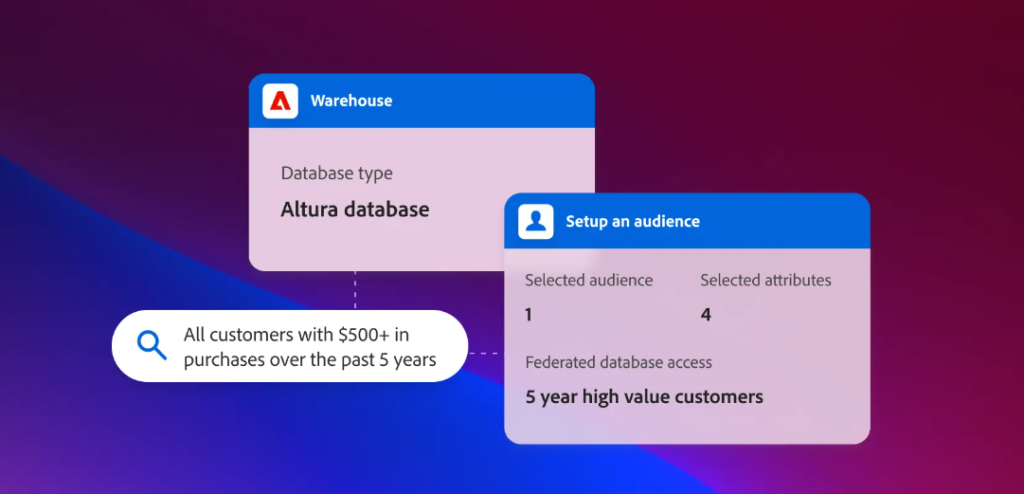Who Should Be Responsible for Digital Customer Engagement?
November 20, 2017Digital technologies have turned the traditional relationship between brands and consumers on its head. No longer can brands be assured of controlling the customer journey from awareness to sale – consumers now direct their own buying journey, and expect brands to deliver a seamless experience in digital and physical touchpoints alike.
Many brands have not been able to deliver. Legacy technologies, customer data locked in silos, and inflexible traditional processes have hamstrung efforts to adapt for many organizations. McKinsey recently found that digital disruption has shaved 45 percent off incumbents’ revenue and 35 percent off their pre-tax earnings. McKinsey also reported that digital transformation has only currently reached mainstream penetration in one of 10 industries likely to be affected. More companies will need to alter their business models if they want to survive and thrive in the modern age.
Part of this transformation involves translating your brand promise into an engaging brand experience. Digital disruption provides this opportunity in spades; customers increasingly interact with brands through digital channels, which enables greater capacity and opportunity to translate the brand promise into brand experience. To do this effectively, however, you need to first determine who owns the brand experience.
At first thought, it may seem obvious. But keep in mind that enterprise customer engagement covers everything , including sales, service, marketing, and IoT. The brand experience is also everywhere and all the time, which is why it is vital to designate who in the organization has ultimate responsibility to ensure that it is consistent. Who has the right skills for the job? Should a new role be created or new responsibilities given to an existing employee? These questions must be answered if the organization is to succeed at digital customer engagement.
Customer Engagement and the Chief Digital Officer
One possible owner of the brand experience is the chief digital officer (CDO), who has taken on new organizational importance in the face of digital transformation. The CDO has become more strategically important in the wake of broad-based digital transformation, evolving beyond implementing new technologies or changing a few processes. The modern CDO or the equivalent – e.g., senior vice president of innovation – now directs and emphasizes the integration of digital thinking and processes throughout the organization.
The CDO’s role often includes deploying digital technologies and processes that enhance the customer experience. Because of this, it has become increasingly common for the CDO to be responsible for digital engagement. The RedPoint Global team and I have seen this happen frequently at our clients. CDOs and similar roles have wide-ranging mandates to spread digital throughout the organization, and they are often forward-thinking and cross-functional. Because the CDO works with every internal department, they are often a natural fit for managing the customer experience.
For all their technical expertise and understanding of digital systems, however, brand management is not typically a CDO’s core competency. This is a problem because the CDO needs to understand the intricacies of defining and delivering on a brand promise if he or she is to be responsible for the customer experience.
CMOs, CDPs, and the Brand Experience
The CMO is another possible owner for digital customer engagement. Marketing has historically owned the customer experience, and this shows in the marketing focus of most modern customer engagement platforms. The challenge most traditional marketers have is their mastery of technology and the related ability to leverage digital technology to extend the brand experience. This is the exact opposite problem of a CDO. CMOs understand the ins and outs of providing a consistent brand experience; in fact, brand management is one of the traditional responsibilities of a CMO. At issue is whether the CMO is skilled enough in advanced digital systems and process to leverage those new tools effectively. Given these limitations, should the CMO be responsible for delivering the brand experience in a digital world?
Take customer data platforms (CDPs) for example. CDPs are a foundational technology for modern customer engagement, enabling an always-on, always-processing golden record that facilitates a unified and complete view of the customer available at low latency across the enterprise. CDPs are a powerful technology solution to the problem of fragmented technology stacks and siloed customer data that have bedeviled brands’ efforts to provide a consistent customer experience across channels.
Industry analyst David Raab, who has written extensively about CDPs, has consistently defined the solution as “marketer-controlled.” This idea has carried through to other industry analysts as well, with a recent Gartner report placing customer data platforms in the marketing camp. But should marketing really be tasked with owning customer data and thus being responsible for the brand experience? If they are, the CMO needs to have support and authority from other senior staff to pull everyone in the same direction.
Support Your Local Brand Experience Owner
The brand experience is too vital to your success in the age of digital transformation to be without a leader. Someone within the organization must be responsible for driving digital customer engagement and for ensuring the brand experience is consistent across touchpoints. The person who is responsible for doing so must have the capabilities to leverage digital technology and understand enough of the nuances of brand management to be effective. If it’s your CMO, then he or she needs to comprehend the value and function of new digital technologies; if it’s your CDO, then he or she needs to be comfortable with the necessities of maintaining a consistent brand.
Your customers have already shifted to experiencing your brand through digital channels. Now the onus is on you to follow along, ensuring that your organization has the right tools and the right people in place to execute at the highest level. Whether that is a new role or an existing person, it is critically important to meet your customers where they are with a consistent brand promise to succeed in an age of digital disruption.


